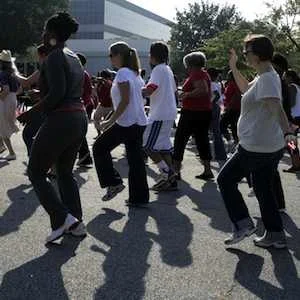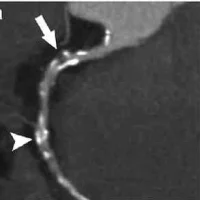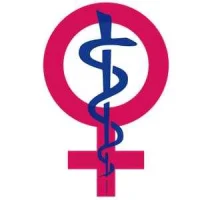Symptoms of depression after a heart attack can often be an issue both in patients who already suffer from chronic depression before their heart attack and those who become depressed as an acute reaction to the event. Depression in cardiac patients differs from those in psychiatric patients and in most cases, these patients don't communicate that they feel sad or hopeless. Instead, they complain of insomnia, fatigue or body pain. There is also a prevalence of underdiagnosis of depression in cardiac patients.
According to Dr Manuela Abreu, a psychiatrist at the University of Lisbon, Portugal, depression is three times more common in people who have had a heart attack as compared to those who haven't. Dr Nanchen, head of the Prevention Centre, Department of Ambulatory Care and Community Medicine, University of Lausanne, Switzerland also highlights that patients who are depressed after a heart attack have a two-fold risk of having another heart attack or dying as compared to those who are not depressed.
Dr Abreu believes that cardiac rehabilitation with aerobic exercise can help reduce symptoms of depression and can also improve cardiovascular fitness.
Dr Nanchen conducted a study with 1,164 patients who were enrolled between 2009 and 2013 and were followed up for a year. The patients were assessed for depression at the time of enrolment and at one year. The research shows that exercise and stopping smoking can help improve depression after a heart attack.
During the study, the researchers assessed the impact of various factors on depression after heart attack. These included blood cholesterol management, blood pressure control, smoking cessation for smokers, reduction of alcohol for those consuming more than 14 drinks per week, intensification of physical activity, and guideline recommended medications.
Over one-quarter of patients in the study reported symptoms of depression after their heart attack. The findings showed that at one year, approximately 27 percent of the study patients had persistent or new depression while 11 percent demonstrated an improvement in their depression symptoms. The analysis also showed that patients who were depressed were less likely to be married and suffered from diabetes. They were also frequent smokers as compared to those without depression.
Smoking cessation was found to have the strongest association with improvement of depression demonstrating a 2.3 times greater chance of improving depression in those who quit smoking as compared to those who continued to smoke. In addition, patients who were physically active were also more prone to improve their depression.
“Heart attack patients who smoke and are depressed are much more likely to improve their depression if they kick the habit,” said Dr Nanchen. “While our observational study was unable to find an impact of exercise after heart attack on depressive symptoms, we did show that patients who were already physically active were more able to improve their depression. We believe that the benefits of exercise after heart attack would be shown in a randomised trial, but such a study is difficult to perform for ethical reasons.”
Dr Abreu highlights that depression after a heart attack often leads to poor adherence to treatment. Patients end up skipping appointments, adopting a sedentary lifestyle, and becoming socially isolated. They often smoke more and end up with poor self-esteem. This could play a role in worsening the outcomes in heart attack patients with depression.
Dr Nanchen advised heart attack patients to discuss smoking cessation with their doctor and to be physically active. “You should do moderate to vigorous aerobic exercise for 30 minutes at least three times a week to be within recommended levels. Make sure you are working hard enough to break out in a sweat,” he said. “This level of physical activity is good for your mental and physical health.”
Source: European Society of Cardiology
Image Credit: Freeimages










